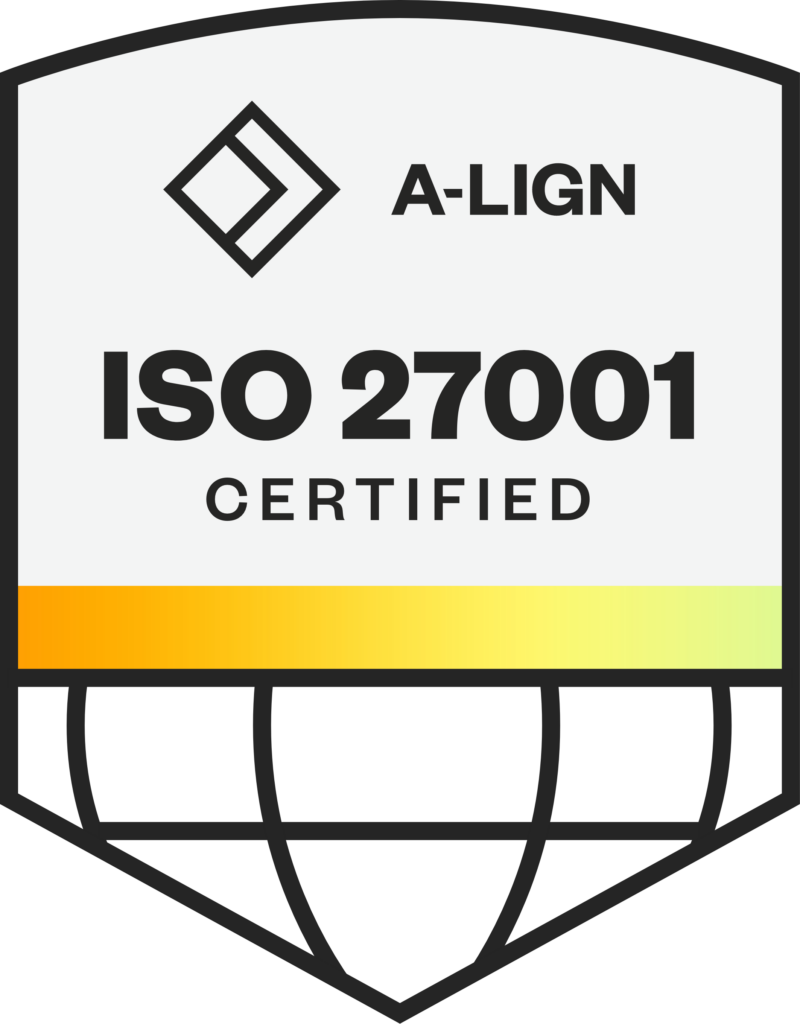Navigating the complexities of managing a data center, with its myriad devices and alarm definitions, presents the challenge of prioritizing efforts amidst a constant stream of alarm data (aka nuisance alarms). While DCIM products offer support for alarm severity, addressing other aspects of alarm management such as value normalization and noise suppression becomes essential. Leveraging calculated data points, particularly when implemented at the edge, proves to be a powerful tool in simplifying alarm challenges by combining multiple device statuses with severity levels. Modius® OpenData® can help you address these challenges by doing value normalization at the point of collection.
Managing a data center translates to a world filled with thousands of devices and potentially tens of thousands of alarm definitions. At any given moment the onslaught of alarm data can make it difficult to prioritize your efforts. All DCIM (Data Center Infrastructure Management) products support some version of alarm severity. This is a good starting point, but is alarm severity alone enough? Other aspects of alarm management can further simplify this challenge.
Value normalization, standard alarm definitions (so alarms are like-for-like), and reducing nuisance alarms are logical next steps. But the big guns in this battle are calculated data points. When implemented at the edge, calculated data points can combine multiple aspects of a device status, and coupled with alarm severity can simplify your alarm challenges.
Uniformity – Value Normalization Simplifies Alarm Evaluation
If values are normalizedat the point of collection, then alarms can be defined against standardized values and are not unique per device. Thus, a power load target can be expressed uniformly in like kW instead of being altered when the device returns W instead of kW. A glance at an alarm can be enough when all alarms are reported in like units and you do not have to stop and process the alarm value for the device configuration.
Noise Suppression – Alarm Delays and Return to Normal (RTN) Delays
Simple single-value-based alarms can be highly problematic when the target value fluctuates near the threshold point. A temperature threshold (like 80 degrees F) can be appropriate and meaningful for an alarm – until a few devices are hovering right at that level, transitioning from 79 to 80 to 81 to 79 again. The changing alarm state results in “alarm noise” that distracts from the real alarm.
The simplest solution to this challenge is the ability to require that the value stay in a particular state for a given period (alarm delay) before the alarm state is reported. Likewise, requiring that the value stays in the non-alarm state for some time (return to normal delay) before clearing an alarm reduces this chatter.
Calculated Data Points -Increases the Resolution of Alarm Severity
Calculated alarm points allow increased separation of alarms by severity by combining several raw points. A PDU over temperature alarm (first level, say 85 degrees) can be increased in severity if, at the same time, the fan is not running and should be. Combining values allows for high-severity alarms where a combination of states is more severe than the individual states.
Let OpenData Help Eliminate your Alarm Chatter
The Modius OpenData Collector does value normalization at the point of collection, offers per-point alarm delays and RTN (Return-To-Normal) delays, and provides calculated data points that are treated equal to native points. Let us show you how OpenData can help you reduce your Alarm Chatter.
If you are looking for a next-generation DCIM solution that can help you gain higher efficiencies, consider Modius OpenData. OpenData provides integrated tools including machine learning capability to manage the assets and performance of colocation facilities, enterprise data centers, and critical infrastructure.
OpenData is a ready-to-deploy DCIM featuring an enterprise-class architecture that scales incredibly well. In addition, OpenData gives you real-time, normalized, actionable data accessible through a single sign-on and a single pane of glass.
We are passionate about helping clients run more profitable data centers and providing operators with the best possible view into a managed facility’s data. We have been delivering DCIM solutions since 2007. We are based in San Francisco and are proudly a Veteran Owned Small Business (VOSB Certified). You can reach us at sales@modius.com or (888) 323.0066.





